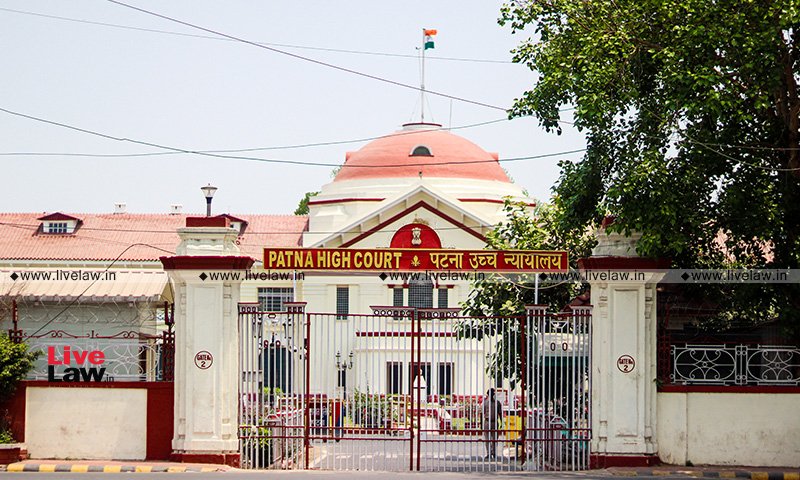The Patna High Court has reiterated that a purchaser can acquire a valid title to a property only if the seller possesses a legal title to transfer.
Justice Jitendra Kumar while delivering the judgment in a criminal case launched over alleged false transfer of Petitioner’s property y accused said, “the complainant has not parted with any property to the Accused persons, nor has he executed the sale-deed. As such, his title, if any, to the land in question, is still safe, because his title cannot get conveyed to purchaser if the conveyance deed/sale-deed has been executed by someone else, who is not possessed of the title to the land in question. A purchaser can get the title conveyed only if the seller has title to the property.”
Accused Surendra Kumar and others had challenged the Magistrate court order taking cognizance of offenses under Sections 323, 420, 467, 468, and 504 IPC in the Criminal Complaint filed by the complainant, Pramendra Bhushan Prakash.
The case originated from a property dispute in Munger. The complainant alleged that he had purchased a house constructed on five katthas of land in Dalhatta Bazar through a registered sale deed dated August 22, 1957. However, on June 12, 2015, the accused, Surendra Kumar, allegedly sold one kattha of the same property to co-accused, Smt. Shashi Devi and Manoj Kumar Vishwakarma. Following this, the purchasers approached the complainant demanding possession of the land. The complainant contended that since the accused had already sold the property in 1957, he had no title to execute a fresh sale deed in 2015, thereby committing the offenses of cheating and forgery.
The accused sought quashing of the criminal proceedings, arguing that the dispute was purely civil in nature and did not involve any misrepresentation or forgery. Their counsel submitted that the complainant had already filed a civil suit in the Court of Sub-Judge, Munger, seeking to declare the 2015 sale deed void. The state and the complainant, however, defended the order of cognizance, asserting that the accused had knowingly sold a property in which they had no legal interest, thereby committing fraud.
The High Court, after examining the case, concluded that forgery under Sections 467 and 468 of the IPC requires the creation of a false document, which was absent in the present case.
Referring to Mohammed Ibrahim & Ors. v. State of Bihar (2009), the court observed, “In the given case on hand also, there is no allegation of impersonation by any accused person while executing the sale-deed in question. No one has forged signature of the complainant or anybody else. Accused, Surendra Kumar has executed the sale-deed in regard to the land in question in favour of the co-accused, Shashi Devi and Manoj Kumar. Hence, the sale-deed in question is genuine and not a forged document. Whether it conveys title to the transferee is a legal question to be decided by competent Civil Court. But Sections 467 or 468 of the Indian Penal Code do not get attracted against the accused-petitioner.” .
Regarding the charge of cheating under Section 420 IPC, the court held that for an offense to be made out, there must be fraudulent inducement leading the victim to part with property.
The Court placed reliance on the judgement delivered in the case of JIT Vinayak Arolkar Vs. State of Goa & Ors. (2024), which was decided by the Apex Court recently on 06.01.2025 whereby undivided share in landed property was sold by the accused and the FIR was lodged by the co-sharer, and the Supreme Court had quashed the FIR.
The High Court placing reliance on the above judgement stated, “As such, no offence under Section 420 of the Indian Penal Code is made out in the case on hand .. There is also no allegation made by the Complainant in his statements as made under Section 200 Cr.PC which may attract application of Section 323 and 504 IPC.”
Consequently, the Court concluded that the allegations did not disclose any criminal offense and that the trial court’s order amounted to an abuse of process. With this finding, the Patna High Court set aside the trial court’s order and quashed the criminal proceedings against the petitioners.
Case Title: Surendra Kumar and Anr vs State of Bihar ad anr
LL Citation: 2025 LiveLaw (Pat) 14







